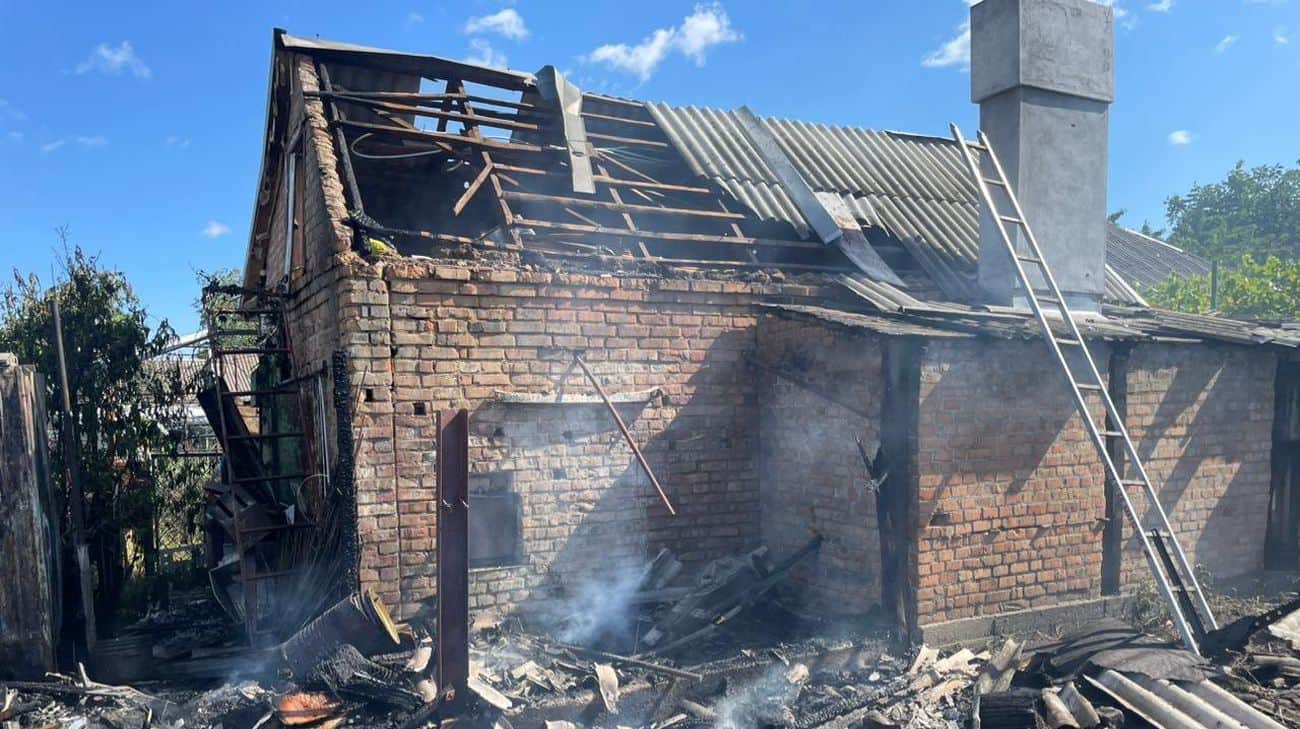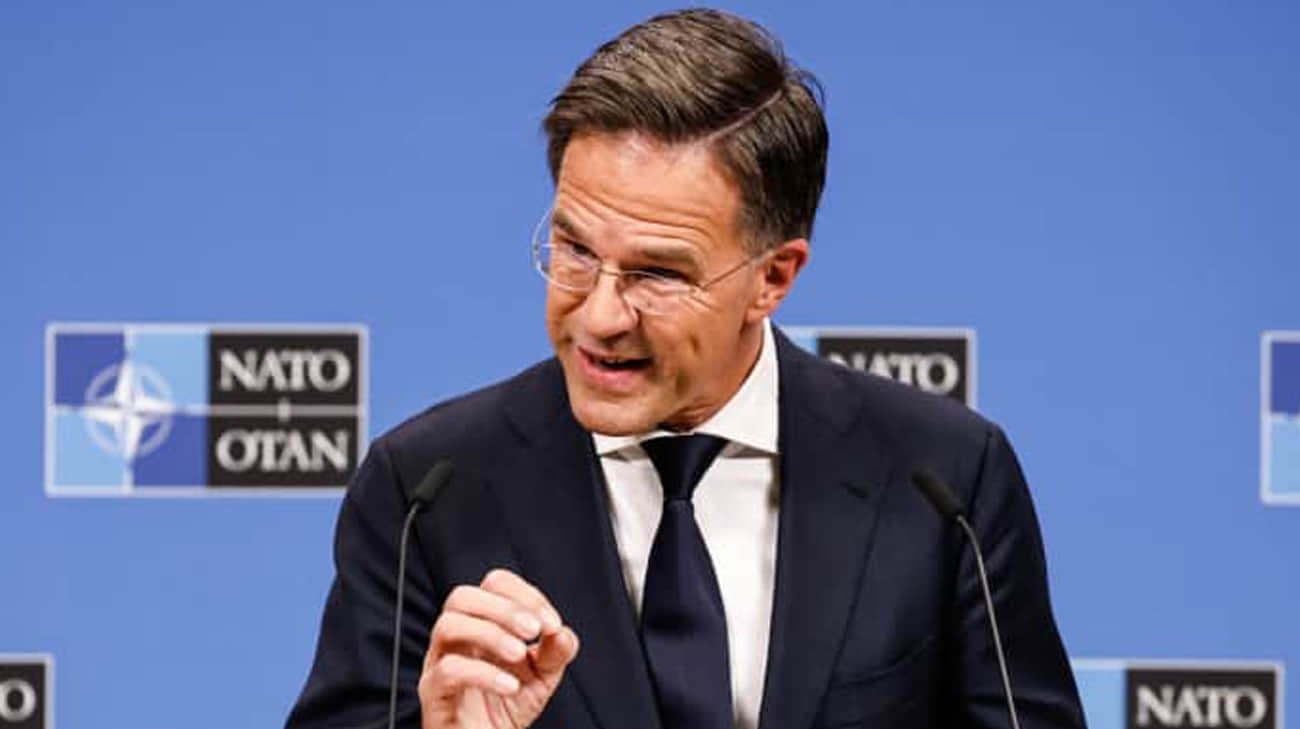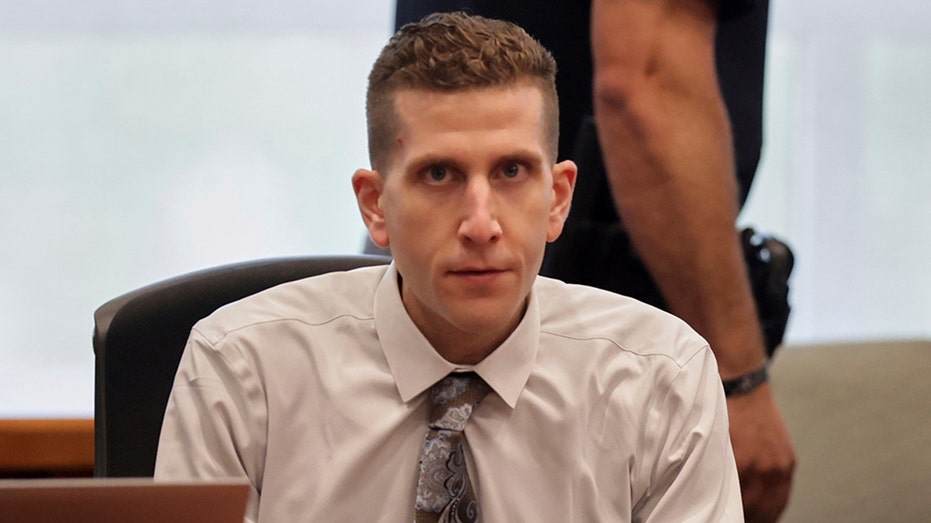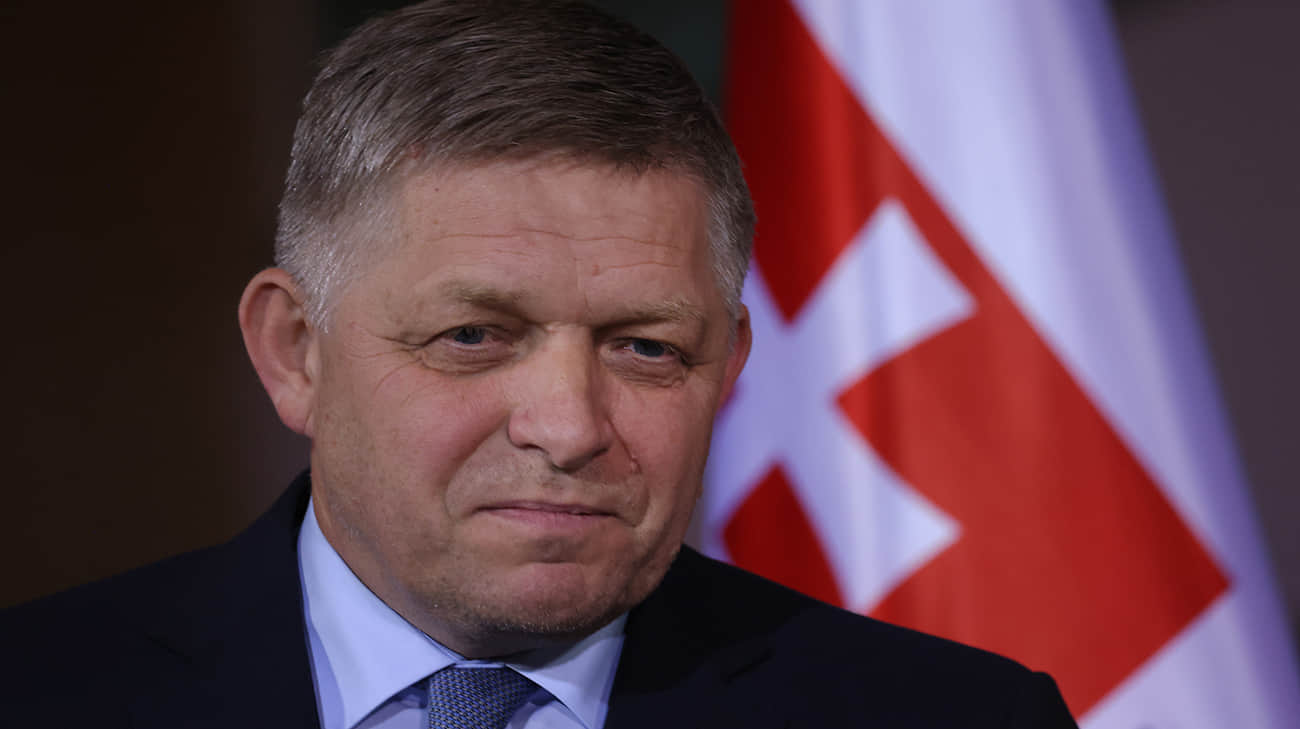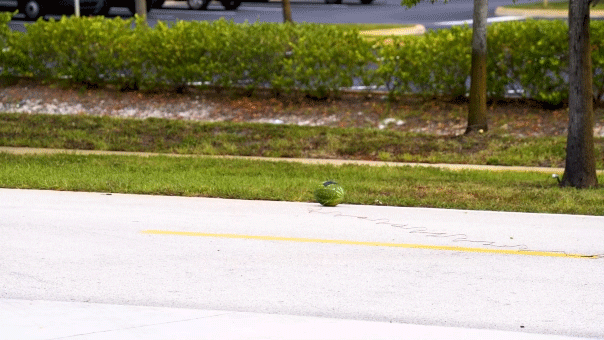Confirmation process begins for Trump's first judicial nominees
The Senate Judiciary Committee is launching the confirmation process for the first judicial nominations of President Donald Trump’s second term.
The panel Wednesday morning opened a hearing for Whitney D. Hermandorfer, Trump’s nominee for the Sixth Circuit Court of Appeals, and four other district court judges in Missouri: Maria A. Lanahan, Cristian M. Stevens and Zachary M. Bluestone for the Eastern District, and Joshua M. Divine for the Eastern and Western Districts.
It is a continuation of a major priority of Trump's first term: applying a conservative slant across the federal bench. The Senate confirmed hundreds of judges the last time Trump was in office, rewriting the rules around judicial nominations in the process. The Biden administration also confirmed hundreds of judges, leaving relatively few vacancies for Trump to fill upon his return to the White House in January. According to data from the U.S. courts, there are currently about 49 existing vacancies.
Judiciary Chair Chuck Grassley (R-Iowa), in opening remarks, reminded his colleagues that some judicial nominees during the Biden era received bipartisan support, even though many were controversial to Republicans.
“Elections, as we all know, have consequences ... I worry that partisanship will hamper these efforts,” said Grassley, appearing to take a swipe at ranking member Dick Durbin (D-Ill.), who recently suggested he could seek to block swift consideration of future U.S. attorney nominees.
Durbin defended his threats by pointing to similar tactics deployed by Vice President JD Vance when he was a Republican senator from Ohio, during which time he moved to slow-walk confirmation of former President Joe Biden's judicial nominees.
The two committee leaders also sparred Wednesday over the Trump administration’s decision to stymie the American Bar Association’s influence on the judicial selection process, which stipulates that the nominees will no longer respond to the ABA's questionnaire or conduct interviews with the organization prior to confirmation.
Durbin argued the administration’s decision could prevent senators from knowing whether the nominees are qualified for their roles. Grassley maintained that the ABA could still send letters to the committee, like other organizations, but criticized the group as a “partisan progressive organization.”
Circuit courts have enormous influence, with judges there often having the last word in cases not taken up by the Supreme Court. The Sixth Circuit seat specifically is one of only a handful of appeals court vacancies that Trump can populate. To this end, Hermandorfer is being subject to significant scrutiny.
A graduate of George Washington University Law School, Hermandorfer is the current director of the strategic litigation unit for the Tennessee Attorney General. She previously clerked for Supreme Court Justices Samuel Alito and Amy Coney Barrett, as well as for Justice Brett Kavanaugh when he was still a D.C. Circuit Court judge.
Republican senators praised Hermandorfer’s credentials, though Democratic Sen. Chris Coons of Delaware suggested the nominee lacked the experience typically seen in lawyers proposed for federal appellate judgeships.
“I am concerned about the striking brevity of your professional record," said Coons. "You graduated from law school just a decade ago," said Coons.
Under further examination by Coons, Hermandorfer acknowledged she has never been lead counsel in a federal jury trial, questioned a witness on the stand or conducted a deposition. “As an appellate lawyer, that’s really not part of my practice,” Hermandorfer said.
She also conceded that while she has been involved in over 100 appellate cases, she has only argued four cases before federal appeals courts and has never presented oral argument at the Supreme Court.
Toward the end of the hearing, Sen. John Kennedy (R-La.) asked Hermandorfer whether there were any circumstances under which she would advise a client to violate a federal court order.
Hermandorfer declined to answer the question with a yes or no answer, saying there may be extraordinary situations, to which Kennedy repeatedly interjected, "Like what?"
"I'd be real careful there," Kennedy said.
Sen. Josh Hawley (R-Mo.), who was at this point running the proceedings in Grassley's absence, quickly interrupted and ended the exchange.
Josh Gerstein contributed to this report

